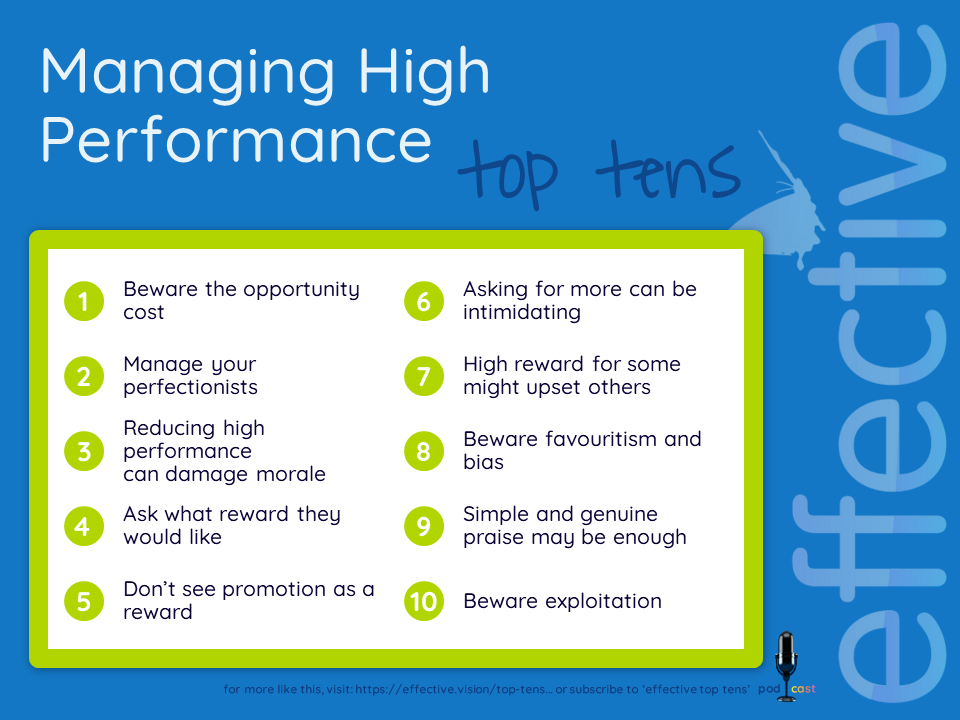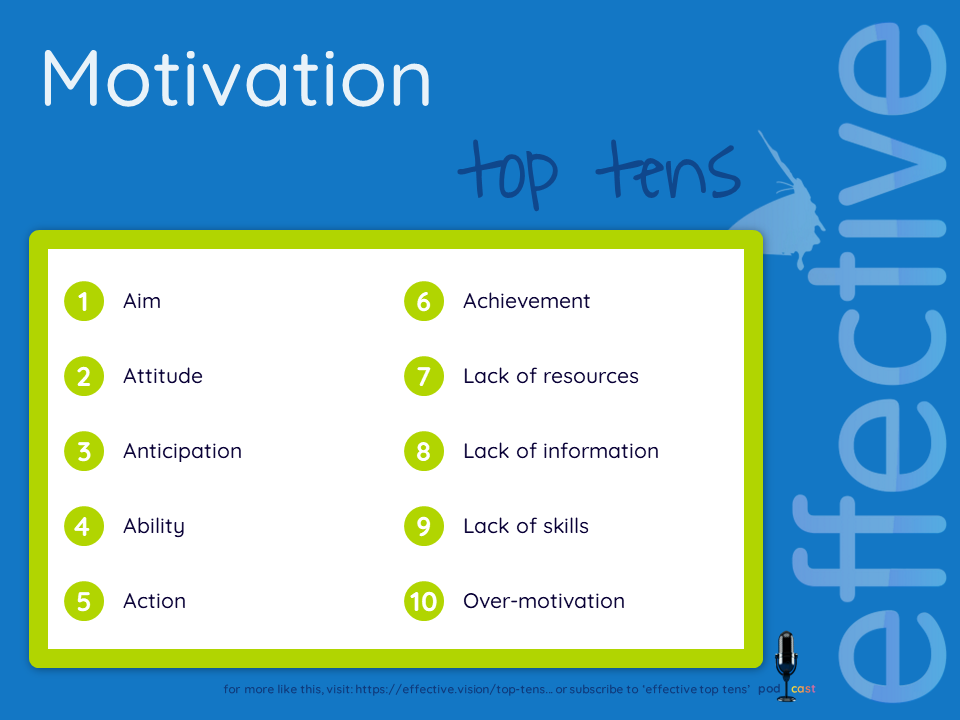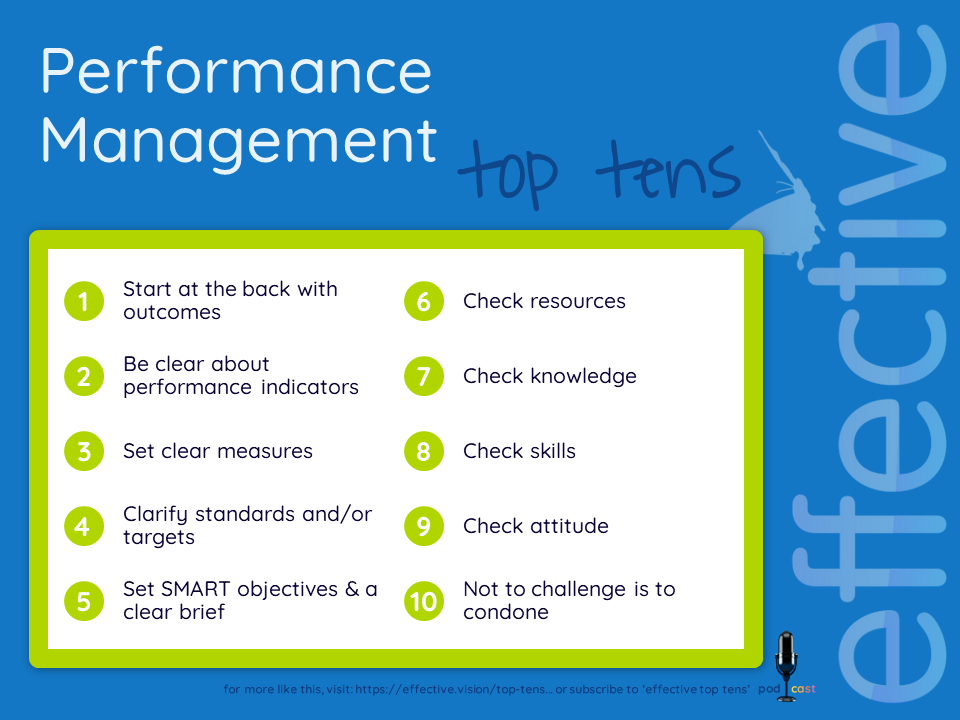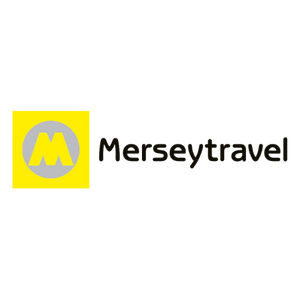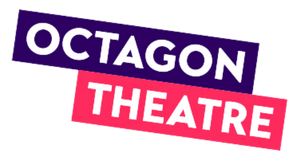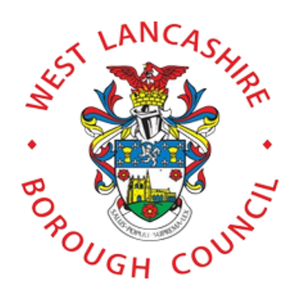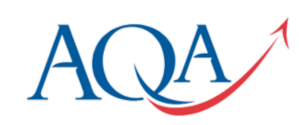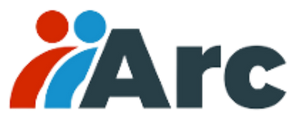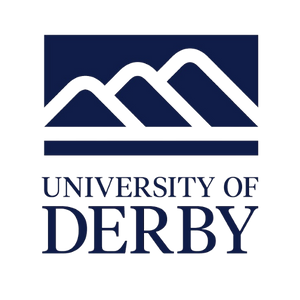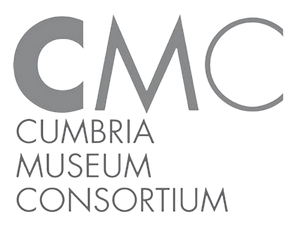Book Review:
Great At Work
by Morten T Hansen
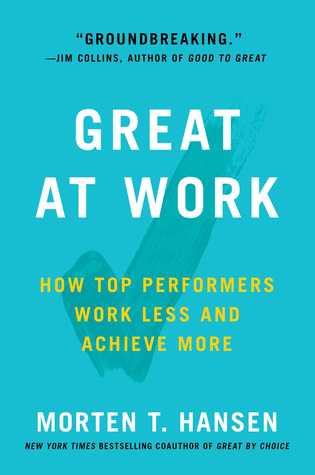
This book is a follow up to the excellent ‘Good To Great’ book, by Jim Collins, written by one of his team. This is also excellent, and highly recommended. This book focuses on individual employees rather than senior leaders. The book is very well researched – 200 academic studies, 120 in-depth interviews, and a final test-the-theory survey of 5000 managers and employees. What the research revealed were 7 key factors that separated high performing individuals from the rest. They are:
- do less, then obsess: select a few key priorities, then obsess over them – don’t just do them, do them with maximum effort and selectivity
- redesign your work: maximise the value of your work, and redesign for efficiency and quality
- don’t just learn, loop; essentially chunk your work down to bite size elements, and measure how well they perform; tweak for improvements, test, get feedback, and repeat
- passion and purpose; make sure your work has your passion, but also provides purpose - not only to yourself, but also to colleagues and/or the wider society
- forceful champions; be forceful: generate emotional responses, create powerful and positive feelings; confront the unwanted and unhelpful; make a stand; confront then recruit opponents
- fight and unite; don’t just settle for the status quo; be a powerful advocate, and then unite everyone in common cause
- two sins of collaboration: don’t over- or under-collaborate. Ensure the collaboration has a clear business case, and resources, and build trust in working together
& here are the key takeaways...
The time management dividend
The idea of a time dividend: what to do with the time you’ll save by applying these 7 principles.
How to avoid daily distractions
Tie yourself to the mast (like Odysseus): stay focused, don’t allow yourself to be distracted
Quality over quantity
Doing more tasks increases complexity and the number of inter-relationships; doing one thing brilliantly may be better than several things poorly
Repetition is pointless without learning
The idea of producing excellence through 10,000 hours is wrong: it’s not the repetition, but the learning, that’s crucial
People who adopted these principles experienced better work-life balance, higher job satisfaction and less burnout
Make meetings meaningful
Maximise the use of meetings: use them as a launchpad for ideas, debate and participation from everyone; don’t promote silent consensus, but active debate.
Boundary setting
To be focused, you need to be able to say no more often, and to a wide range of people – including your own manager. What’s crucial is not hierarchy, but performance. So it can help if you are clear with your key stakeholders where your performance boundaries lie. It’s also important to make professional decisions, rather than personal ones, on issues to do with work. For example, any decision about what is on your side of the boundary should be professionally based, rather than ‘what you enjoy’ or ‘what you find interesting’…
Priorities
A work priority should never be determined by who, but why: it’s not ‘what someone prefers’ but ‘what adds to the bottom line’. So to be really great at your role, you need always to prioritise according to business impact. That might mean over-turning ways of working that are well established, but unhelpful. What’s been a priority in the past might not be one now; prioritising by urgent may need to shift to prioritising by important; and priorities that seem to be down to custom and practice should always be examined. One very clear example in the book is that of meetings. It’s amazing how many people find the meeting to be a real waste of time, and yet they automatically prioritise in in their daily schedule…why? It would be bad enough if one person deliberately chose to prioritise – say – 2 hours of work that was wasteful. But if 20 people attend a 2 hour meeting that is pointless, how on earth should that be a priority? Hansen calls this an extreme form of over-collaboration
People who adopted these principles experienced better work-life balance, higher job satisfaction and less burnout
Opportunity cost of meetings
This really follows on from the previous point. There is a huge opportunity cost to any wasteful meeting: 20 people wasting time for 2 hours is a total of 40 wasted hours – a week’s worth of waste in one 2 hour period! So the opportunity cost of those 2 hours is 40 hours lost production, the chance to add 40 hour’s worth of work to the bottom line. When Hansen talks as he does in Chapter 3 about ‘Redesign Your Work’ he emphasises the need to add tasks that add value, and remove those that don’t. For many organisations, meetings might be a good place to start.
Collaboration – means or ends?
“The goal of collaboration is not collaboration”. Too often, in Hansen’s research, people were invited to work together ‘because it was a good thing to do’. Ideas such as ‘none of us is as good as all of us’, and more people – more ideas, have a lot of traction. And they CAN be helpful IF appropriately channelled. Bu simply inviting people to collaborate as an end in itself will usually end in failure – because there is no common passion or purpose. The best collaborations are those that are sought by people wanting to or needing to collaborate – and not just because it’s a worthwhile thing to do…
Top performers did less and more: less volume of activities, more concentrated effort
Great At Work
by Morten T Hansen
This book is an excellent and highly researched follow up and companion to ‘Good to Great’ – this time focusing on employees rather than leaders.open
Related courses & resources...
Reflective Practice
Performance Management
Personal Effectiveness
Top Ten Tips on...
Managing High Performers
Top Ten Tips on...
Motivation
Top Ten Tips on...
Performance Management
Don't like to email?...
That's ok. We love to pick up the phone.
... Or you can message us on whatsapp.
We'd love to e-meet you... let’s go for a virtual coffee :)
For workshops and coaching sessions, you can check availability & book using the form below. Pay now online, or later by invoice - it's up to you.
